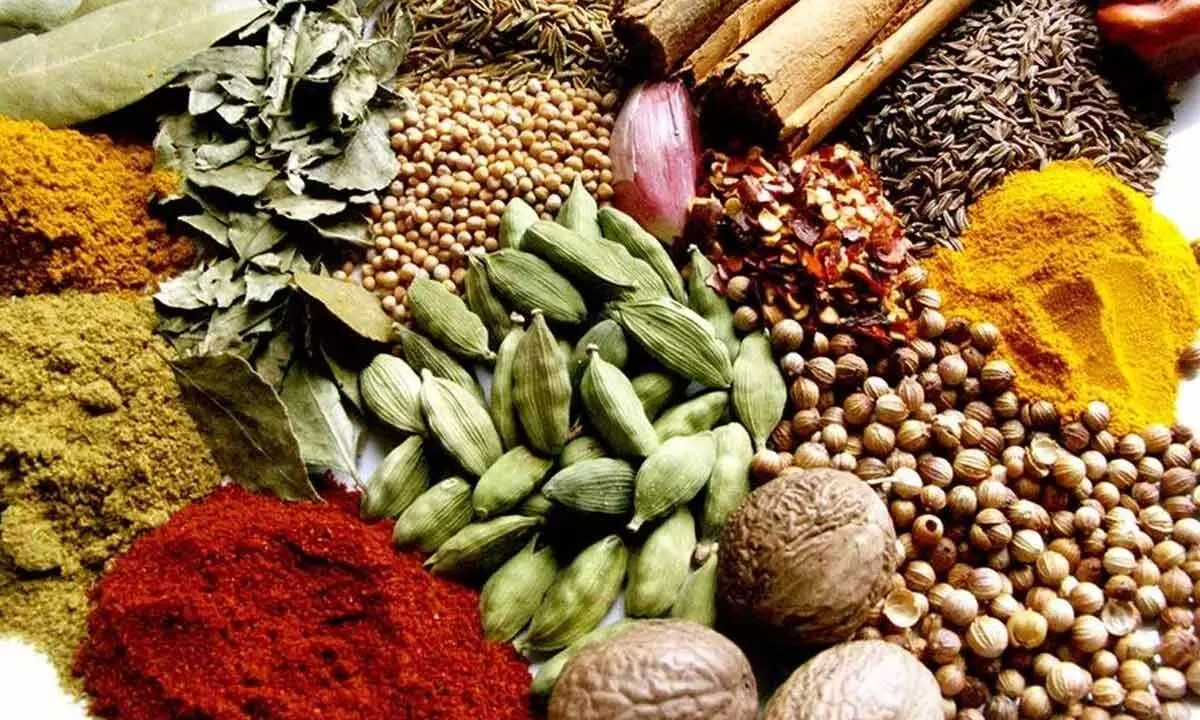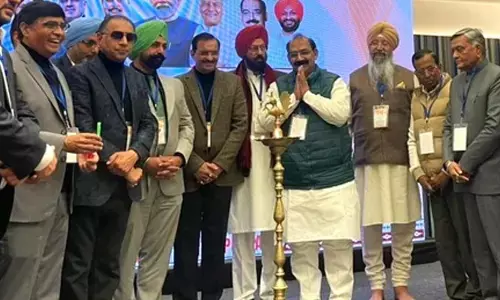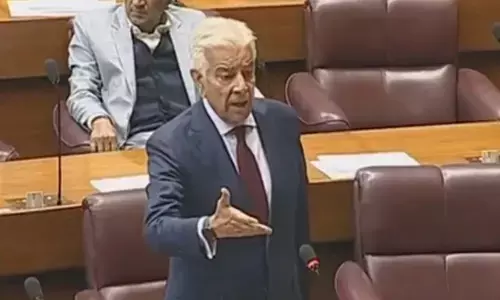why many nations saying no to our spices

Indian spices are in news again, but for the first time for wrong reasons.
Indian spices are in news again, but for the first time for wrong reasons. Many countries, including, Singapore, HK, Nepal, and EU etc have banned Indian spices, specially from some of the brands like Evrest and MDH on ground of beyond permissible levels of Ethylene Oxide (EtO). Regulators in Bangladesh, Australia, and the Maldives have made similar announcements. “We are working with international counterparts to understand the issue…and to determine if further action is required in Australia,” said Food Standards Australia New Zealand.
However, there are many unanswered questions about the ban, which at some levels raises suspicion. India is the world’s biggest exporter, consumer, and producer of spices, and its spice exports came to $4 billion in the year from Apr 2022 to Mar 2023. Hence, stakes are high, and it is important to understand the scientific and factual picture regarding the application of EtO.
Ethylene Oxide (chemical formula - C2H4O) at room temperature is a flammable colorless gas with a sweet odor. It is used as a pesticide and a sterilizing agent. Due to its ability as an effective sterilizing agent makes it one of the most used chemical in medical field. About 50% of all medical devices are sterilized with EtO. As per one estimates, about 50 Million medical devices are sterilized each day by EO in the US alone, a whopping 20 billion devices are annually.
Worth noting here is that the EtO after sterilization could convert into Ethylene Chlorohydrin (ECH) in the presence of chlorine compounds. Both EtO and ECH are included in the list of Carcinogen 1B categories i.e. “Probable Human Carcinogen” by the EU (2008) and USA (2009). Ironically, some of these medical devices sterilised by same EtO directly penetrate the human body e.g., intravenous therapy. And yet, there has been no discussion on this application of EtO. And more significantly, the MRL for medical devices, which is uniformly accepted worldwide, including the EU, is higher than the MRL for food. But somhow the same EtO has in Indian spices is splashed news all over.
Secondly, none of the countries banning Indian spices quantified the excess levels. This is rather peculiar, as the tests should have clearly established if there was an element higher than prescribed limit. Moreover, this critical omission could be acceptable if one odd countries did it, but all? In fact, on May 15, 2024, India asked the international committee on spices to set limits on the use of ethylene oxide (EtO) in spices.Thirdly, the whole threat of EtO is overblown. A reaserch paper by Vincent et.al. (2019) concluded that the classification of EtO as a known human carcinogen overstates the underlying evidence and that the IUR grossly overestimates risk. The American Spice Trade Association has also written to the Spices Board of India clarifying that EtO is approved for use on spices in the US under prescribed tolerance limits. Italso warned that any move to prohibit “this critical treatment method” could result in “unintended implications” regarding the compliance of Indian spices with US food safety regulations.
Lastly, this ‘scandal’ is yet another example of Indian products and medicine being at the receiving end of global double standard if not deliberate discrimination. There is an interesting parallel to explain. An artificial sweetening agent, Aspartam (951) is also in the group of carcinogens. This product is used in soft drinks, such as Colas. But did you hear of any country banning the cold drinks? Did you see any articles in any media? Why this double standard with Indian products alone?!
(Dr AlokTripathi is an author and academic. He has authored over five books in the field of Biochemistry, Ecotoxicology and immunology; and has published multiple research papers)








